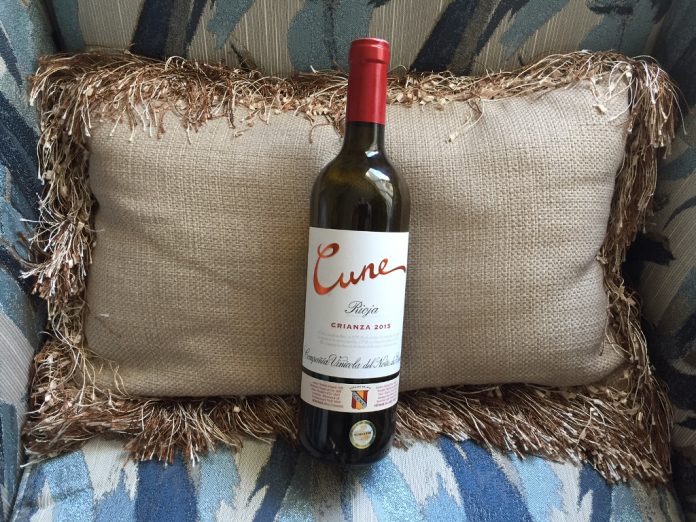What’s the secret to finding decent red wine at a budget-friendly price? Tempting to wait for mass-produced wines to go from $11.99 to $6.99 and buy in bulk, but those products can be a bit of a chemistry experiment. Grape skin tannin may be imitated by tannin powder, the addition of oak chips may substitute for time in oak barrels, artificial sugar can fill in for residual grape sugar and acidity emulated through the addition of tartaric acid. Some wines also contain mystery must combined with a small number of regionally-sourced grapes to reduce costs.
In ancient times, the Romans added lead acetate to their wines to increase body. However, most additives today are not harmful; they simply produce a less interesting result. These wines have little variation between bottles and vintages not unlike a Big Mac. Spending a few dollars more for a wine with a bit of pedigree may be worth your while.
Start with Spain and Portugal. Old world winemaking knowledge and low land and production costs have resulted in quality wines that sell for under $20. Consider products from Chile and Argentina, for the same reasons. These two countries have benefited greatly from the presence of old-world wine houses which have acquired land there and supported the local winemaking community with advanced techniques. I’ve been particularly impressed with Chilean wines. Look to the south of France (Languedoc, Roussillon and Provence) for great value compared with more noted regions Burgundy and Bordeaux. Finally, browse products from old world but lesser-known countries Romania, Hungary, Greece and Georgia.
A few suggestions in the under $20 range:
- Cune Rioja Crianza (Spain)
- Porca de Murco Tinto (Portugal)
- La Vielle Ferme (France)
- Chevalier de Dyonis Pinot Noir (Romania)
- Torreon de Paredes Carmenere (Chile)









